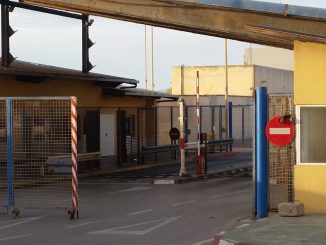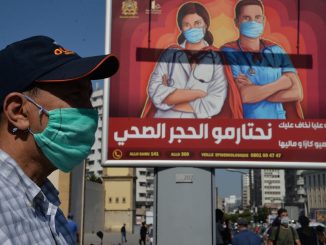
Several associations defending the rights of migrants expressed concern about non-Moroccan citizens, particularly migrants and refugees, who found themselves in a situation of fragility and confusion following the introduction of emergency health measures in the context of the fight against the Coronavirus.
These associations called on the government to translate official statement into English and French in order to provide these citizens with complete and accurate information, thus avoiding panic and misunderstanding. These NGOs also called for the inclusion of this social category in the implementation of the measures that will be taken to assist the informal sector, given that a large number of people in this category have been forced to stop their informal activities in order to preserve public health.
In a statement circulated to the national media, these associations called on the Government to provide food aid as well as the possibility of postponing the payment of monthly bills for water, electricity, Internet and rent, for the benefit of these immigrants whose incomes have been cut off. They also called for the extension of residence permits automatically until the end of the confinement period, especially since the foreigners’ monitoring service was suspended as of 18 March and the validity of residence permits for a large number of foreigners ends during the health emergency period.
These associations have also requested that health services, humanitarian aid and opportunities for temporary accommodation in decent conditions be provided to migrants in precarious situations and, therefore, vulnerable to the epidemic, because they live in housing or camps lacking the most basic health conditions, which may facilitate the spread of the virus within this community.
In its statement, the associations stated that “it is necessary to enable this community to access health care and services, without distinction between persons with and without residence permits, while ensuring that they are provided with information and advice in public hospitals (translation, support and follow-up). »




Be the first to comment